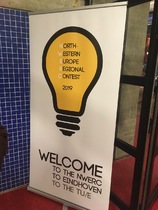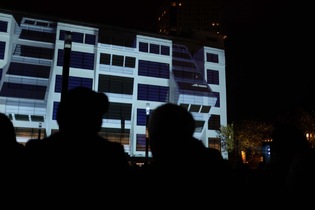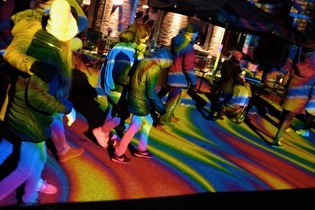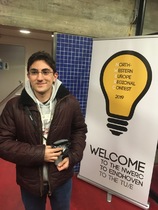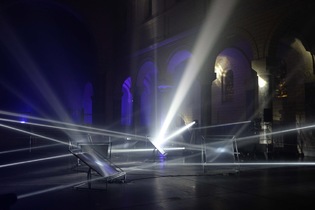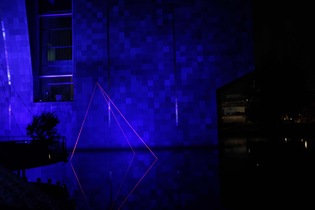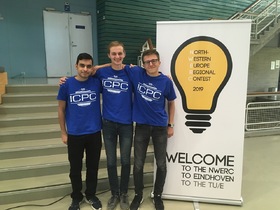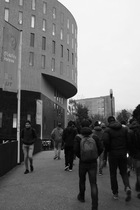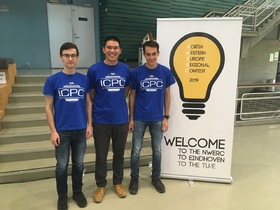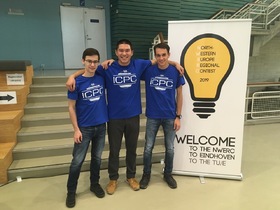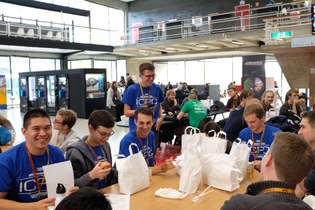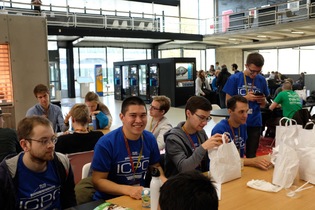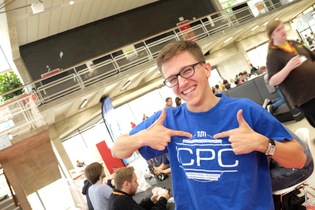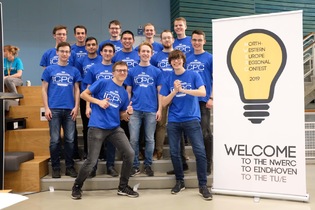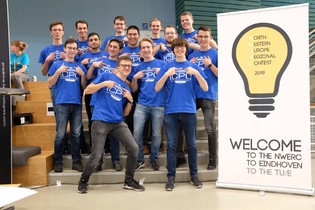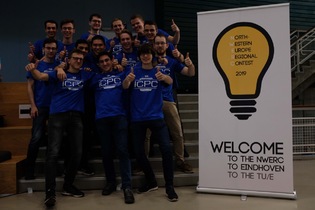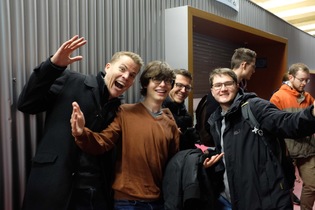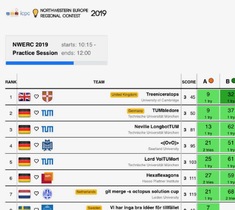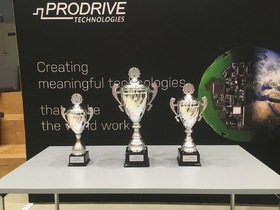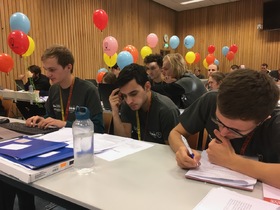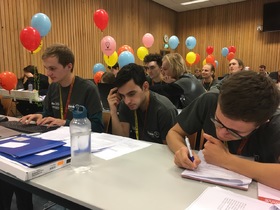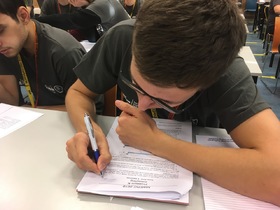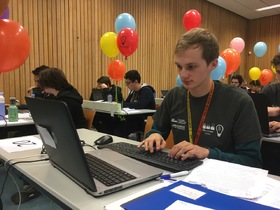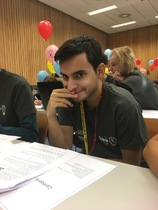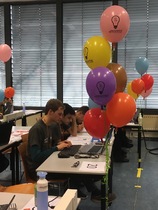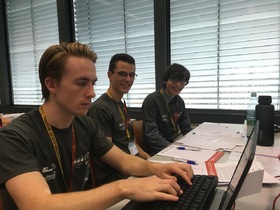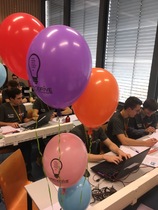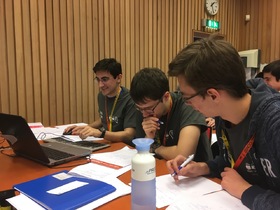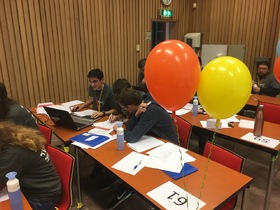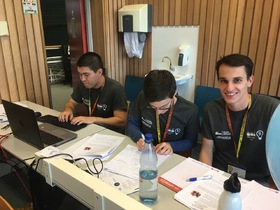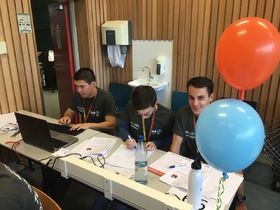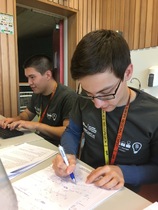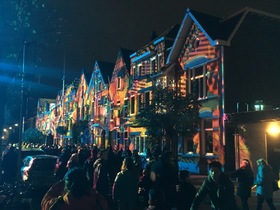TUM Riddle and the submission of fire
TUM teams win gold and silver medals in NWERC19!
Sunday, November 17th, 10 AM. It was a peaceful, quiet morning in Eindhoven, Netherlands. But in the auditorium of the city’s Technical University, more than 300 undergraduate and graduate students from all over Northwestern Europe had just entered an exciting battle of the mind: the Northwestern Europe Regional Contest (NWERC) of the International Collegiate Programming Contest (ICPC). Among them were 4 teams representing Hogwarts the Technical University of Munich:
- Team TUMbledore: Atacan Iyidogan, Lukas Michel, Erik Sünderhauf
- Team Lord VolTUMort: Florian Jüngermann, Gregor Matl, Tobias Schindler
- Team Neville LongbotTUM: Fabian Michel, Konstantin Pervunin, Leo Tappe
- Team ArTUM Weasley: Altan Birler, Pascal Ginter, Maximilian Hornung
After last year’s amazing results, the bar was high and the targets clear:
- Get a team to the world finals.
- Aim for gold!
How would TUM’s teams handle the pressure? At least partially, very well. In particular, TUM’s strongest teams TUMbledore and Lord VolTUMort had a great start, being the first teams to solve problems F (12min, VolTUMort) and C (20min, TUMbledore). Meanwhile, Neville LongbotTUM struggled with runtime errors and floating point issues, and ArTUM Weasley had some problems, too. Buteventually, both teams started getting correct submissions as well. In the meantime, TUMbledore had established their position near the top of the scoreboard, getting two more first solves on problems A and J, with the Dark Lord not far behind. When the scoreboard was frozen after the first 4 hours of the contest, TUMbledore was leading the NWERC with 7 problems solved, and VolTUMort followed in third place, also with 7 accepted submissions! In the final hour, many teams submitted more code for the problems that they couldn’t solve before the freeze, but on the public scoreboard, one could only see that a submission had taken place, not whether it had been accepted. Consequently, when the contest was over, everyone was on the edge of their seat to know the results. They were excellent: Lord VolTUMort had managed to solve their 8th problem 5 minutes before the end of the contest, which put them in 4th place, earned them a gold medal and qualified them for the world finals! TUMbledore was immediately behind in 5th place with 7 problems solved, securing a silver medal. Unfortunately, they had some small issues with problems B and H, otherwise an even higher placement would have been within reach. Teams Neville LongbotTUM and ArTUM Weasley finished on respectable places 59 and 79 with 5 and 4 problems solved, respectively. The overall winner, with 9 problems solved, was team git merge -s octopus solution cup from Leiden University. Congratulations!
Overall, placing two teams in the top five is a great achievement, and we’re excited to see what You-Know-Who can do at the world finals in Moscow in June 2020. Many thanks to TU Eindhoven and the many volunteers for being a great host.
(by Leo Tappe)
Links:
